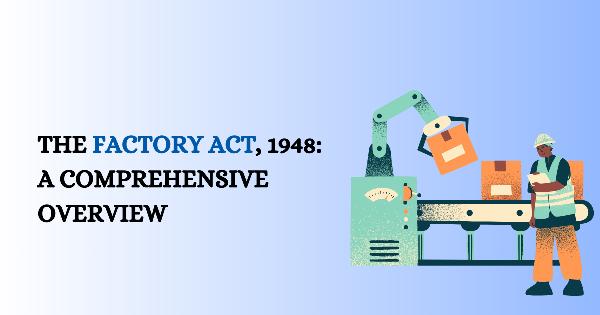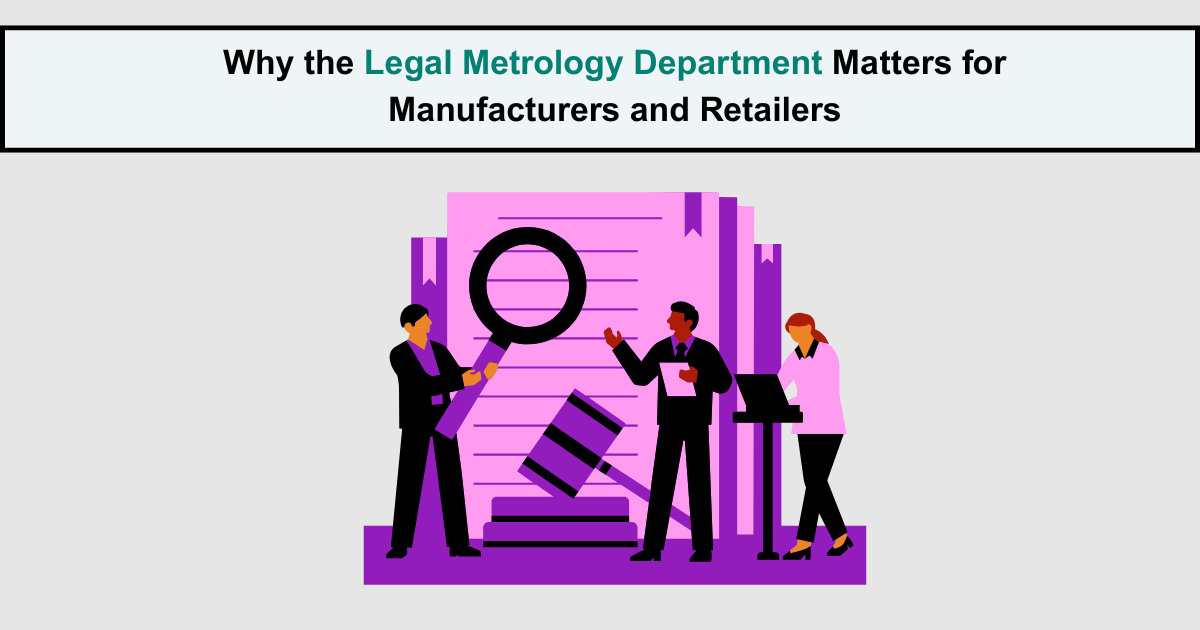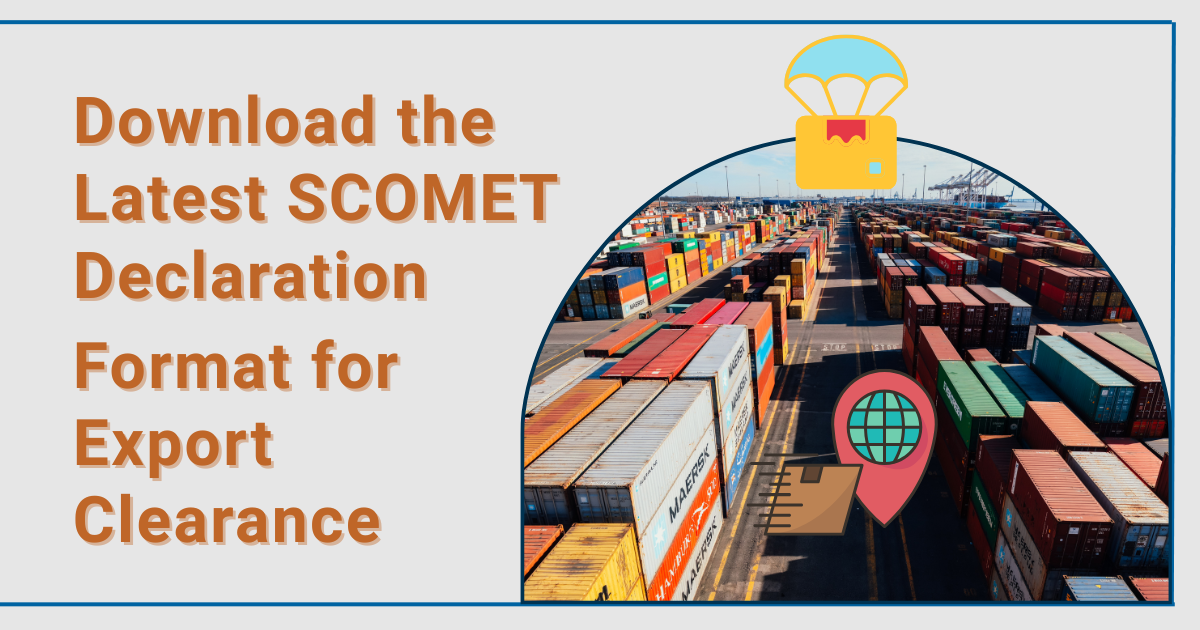The Factory Act, 1948: A Comprehensive Overview

Strong 8k brings an ultra-HD IPTV experience to your living room and your pocket.
The Factory Act, 1948 Overview:
The Factory Act of 1948 is a significant labor law regulating factory working conditions in India. Its primary objective is to protect factory workers' health, safety, and welfare.
Key Provisions of the Factory Act, 1948
Factory Definition: The Act defines a factory as any establishment where industrial processes are carried out using machinery or power, employing ten or more workers.
Factory License: Every factory is required to obtain a license from the designated authority before commencing operations.
Working Hours: The Act specifies maximum working hours per day and week, along with provisions for overtime work and weekly offs.
Employee Welfare: Factories must provide basic amenities to their employees, including drinking water, restrooms, first-aid facilities, and canteens.
Safety Measures: The Act mandates various safety measures to prevent accidents and injuries, such as proper ventilation, lighting, and machinery guarding.
Child Labor Prohibition: The Act prohibits the employment of children under 14 in factories.
Women's Welfare: Special provisions are made for the welfare of women workers, including maternity benefits and restrictions on night work.
Inspection: The Act empowers inspectors to visit factories and ensure compliance with its provisions.
Required Documents for Factory License
To obtain a factory license, the following documents are typically required:
• Application form
• Site plan
• Building plan
• Fire safety certificate
• Pollution control certificate
• Proof of ownership or lease of the factory premises
• List of machinery and equipment
• Details of the proposed workforce
How to Renew Factory License Online
The process for renewing a factory license online in Delhi may vary slightly depending on the specific licensing authority. However, the general steps involved are as follows:
• Gather Required Documents
• Visit the Delhi Government's Online Portal
• Locate the Factory License Renewal Section
• Fill Out the Online Application Form
• Upload Required Documents
• Pay the Renewal Fee
• Submit Application
• Track Application Status
Why is a factory license mandatory?
Factory licenses are mandatory in India for several reasons:
Safety and Health Regulations: The Factory Act of 1948 requires factories to get permits to adhere to health and safety standards. This lessens the risk of accidents and safeguards employee health.
Labor Laws Adherence: A factory license ensures the establishment adheres to labor laws, such as working hours, minimum wages, and child labor prohibitions.
Environmental Compliance: Before receiving a license, factories must obtain environmental clearances. This contributes to environmental protection by preventing pollution.
Tax Compliance: A factory license is often necessary for obtaining tax registration and benefits.
Legal and Regulatory Compliance: A factory license proves that the business operates lawfully and by all applicable regulations.
Business Continuity: A valid factory license helps a business run smoothly and keeps it out of trouble with the law and penalties.
In essence, a factory license serves as a crucial document ensuring that an establishment operates within the legal framework and contributes to a safe and healthy working environment.
Final Thoughts
The Factory Act of 1948 is a crucial piece of legislation that safeguards the rights of workers employed in factories. By ensuring safe working conditions, providing essential amenities, and prohibiting child labor, the Act contributes to the well-being of the Indian workforce. Compliance with the provisions of the Factory Act is necessary for responsible and ethical business practices.
Note: IndiBlogHub features both user-submitted and editorial content. We do not verify third-party contributions. Read our Disclaimer and Privacy Policyfor details.







